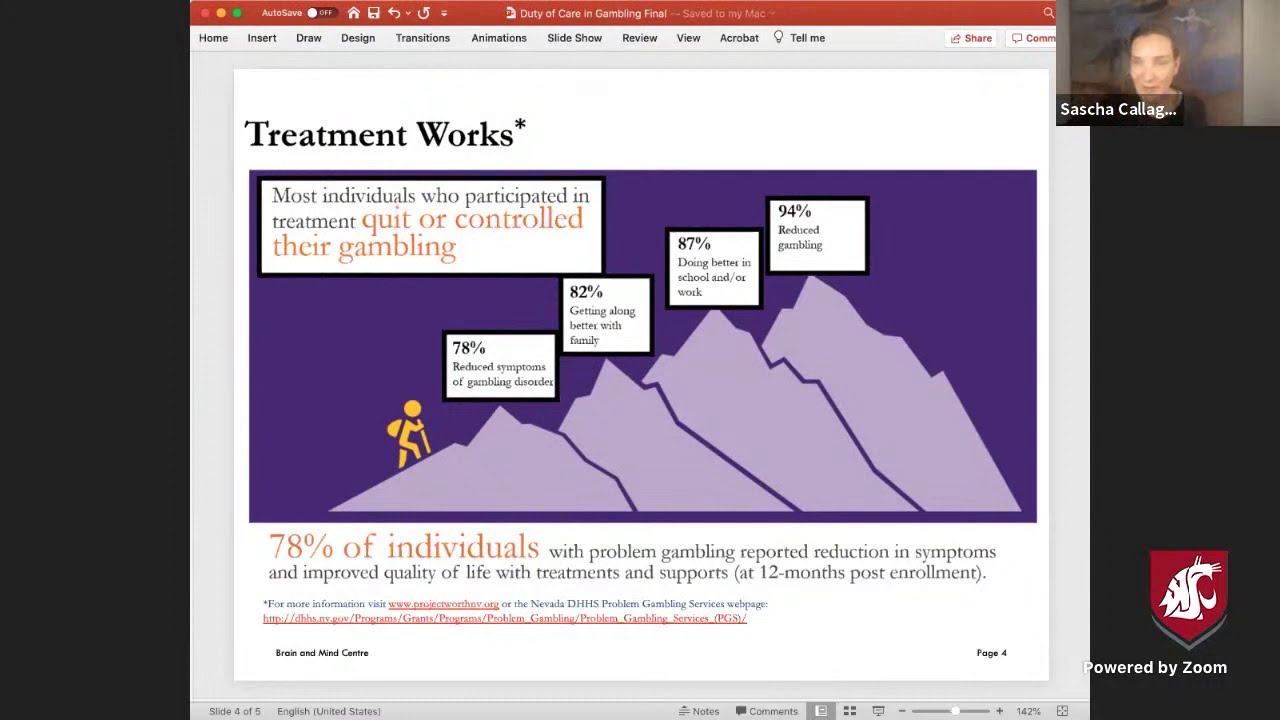The Ethical And Legal Issues Of Gambling Regulation And Taxation - Balancing The Scales
The ethical and legal issues of gambling regulation and taxation have long been a contentious topic. The rise of online gambling has brought these issues to the forefront, as lawmakers and industry leaders grapple with how to balance the need for consumer protection with the desire for revenue generation.
Author:K. N.Mar 24, 202356.7K Shares1.1M Views

The ethical and legal issues of gambling regulation and taxationhave long been a contentious topic. The rise of online gambling has brought these issues to the forefront, as lawmakers and industry leaders grapple with how to balance the need for consumer protectionwith the desire for revenue generation.
Gambling is a controversial topic that has been debated for centuries. While some argue that it is a harmless form of entertainment, others view it as a vice that leads to addiction and other societal problems.
As a result, governments around the world have struggled to balance the need to regulate the industry with the desire to promote economic growth and protect consumers.
In this article, we will explore some of the key ethical and legal considerations that arise in the context of gambling regulation and taxation.

Law & Gambling II: What is duty of care in gambling? Legal and ethical obligations
The Ethics Of Gambling Regulation
The ethics of gambling regulation are a complex and controversial topic. Some people argue that gambling is inherently immoral and that it should be banned altogether, while others believe that it is a legitimate form of entertainment that should be regulated to protect consumers and prevent problem gambling.
One of the key ethical issues surrounding gambling regulation is the potential harm that it can cause to vulnerable individuals. Problem gambling can have serious social, financial, and psychological consequences, and it is important for regulators to take steps to prevent it from occurring.
Another ethical issue is the relationship between gambling and other social problems, such as crime and addiction. Some people argue that gambling can contribute to these problems by providing an easy source of money for criminals and exacerbating addiction.
Ultimately, the ethical issues surrounding gambling regulation are complex and multifaceted. Regulators must balance the need to protect consumers and prevent problem gambling with the desire to promote a legitimate form of entertainment and raise revenue for the government.
Critics argue that by legalizing and taxing gambling, governments are essentially endorsing an industry that preys on the vulnerable and creates social problems such as addiction, debt, and crime.
Proponents of gambling regulation, however, argue that it is possible to regulate the industry in a way that minimizes harm to consumers and society as a whole.
They argue that by legalizing and regulating gambling, governments can protect consumers from unscrupulous operators, prevent money laundering and other criminal activities, and generate revenue for public services and infrastructure.
The Legal Issues Of Gambling Regulation And Taxation
In addition to ethical concerns, gambling regulation also raises a number of legal issues. One of the key legal issues is the question of whether gambling is a legal activity in the first place.
In many countries, including the United States, gambling is only legal in certain states or under certain conditions. This can create confusion and inconsistency in the way that gambling is regulated and taxed.
Another legal issue is the question of how to regulate and tax online gambling. With the rise of internet gambling, governments around the world have struggled to keep up with the rapidly changing industry.
This has led to a patchwork of regulations and tax codes that can be difficult for both consumers and operators to navigate.
The Impact On Society
The ethical and legal issues of gambling regulation and taxation have a significant impact on society as a whole. On the one hand, gambling can be a source of revenue for governments, which can be used to fund public services and infrastructure.
However, the social costs of gambling, such as addiction, debt, and crime, can be significant.
To address these issues, many governments have implemented responsible gambling measures, such as self-exclusion programs and limits on advertising.
These measures aim to minimize the harm caused by gambling while still allowing individuals to participate in a legal and regulated industry.
People Also Ask
How Does Gambling Regulation Impact Society?
Gambling regulation plays a significant role in shaping the impact of gambling on society.
It can help to mitigate the negative effects of gambling, such as addiction and financial harm, by setting limits on access, promoting responsible gambling practices, and providing support for those affected.
However, it can also create barriers for those who enjoy gambling as a recreational activity, and may limit economic benefits that can come from a thriving gambling industry.
What Are The Main Ethical Issues Related To Gambling?
The main ethical issues related to gambling include concerns around addiction and its impact on individuals and families, fairness and transparency in gambling practices, and the role of gambling in society.
There are also concerns around the marketing and advertising practices of the gambling industry, as well as the treatment of employees within the industry.
How Are Gambling Taxes Used By Governments?
Governments use gambling taxes to generate revenue, which can be used for a variety of purposes such as funding public services, supporting community initiatives, and promoting responsible gambling.
In some cases, gambling taxes may be earmarked for specific programs or initiatives, such as problem gambling support services or education programs.
What Are The Key Legal Issues Surrounding Gambling Regulation?
The key legal issues surrounding gambling regulation include ensuring compliance with existing lawsand regulations, addressing concerns around illegal gambling and money laundering, and balancing the interests of the gambling industry with the protection of consumers and public interests.
There are also issues related to the enforcement of gambling laws and the role of government agencies in overseeing the industry.
How Can Gambling Regulation And Taxation Be Improved?
To improve gambling regulation and taxation, policymakers and industry stakeholders can work together to establish clear and consistent guidelines for responsible gambling practices, develop effective treatment programs for problem gambling, and ensure that gambling taxes are used to support community initiatives and promote responsible gambling.
Additionally, greater transparency and oversight of the industry can help to build trust and accountability among stakeholders.
Final Words
The ethical and legal issues of gambling regulation and taxation are complex and require careful consideration. While gambling can provide economic benefits, it also has the potential to cause harm to individuals and society.
It is important for governments to strike a balance between promoting responsible gambling and protecting citizens from the negative effects of excessive gambling.
Additionally, the regulation and taxation of gambling must be carefully designed to avoid unintended consequences such as encouraging illegal activity or driving businesses underground.
By addressing these issues in a thoughtful and comprehensive manner, policymakers can create a sustainable and responsible gambling industry that benefits all stakeholders.

K. N.
Author
Latest Articles
Popular Articles